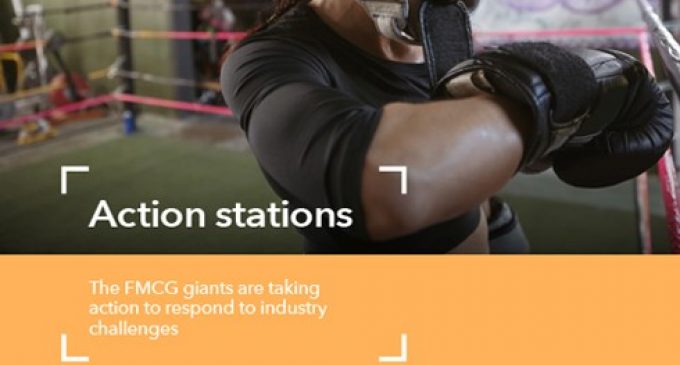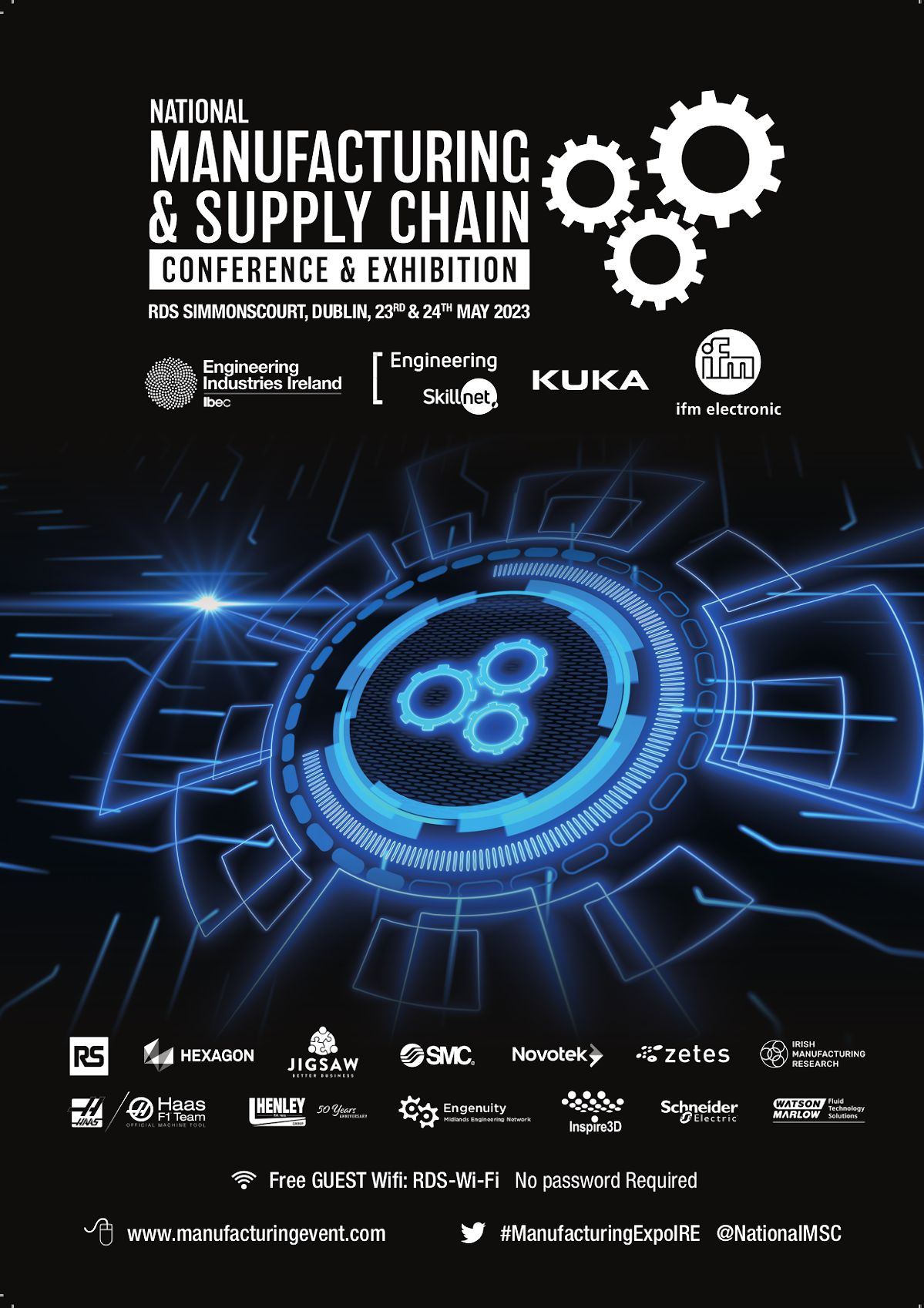M&A Deals Amongst the World’s Largest Consumer Goods Businesses Reached a 15-year High in 2017

The number of mergers and acquisition deals among the top 50 consumer goods giants reached a 15-year high in 2017 – a 45% increase from the previous year. This is according to OC&C Strategy Consultants’ annual Global 50 report which, in collaboration with the Grocer, examines the financial performance of the world’s largest consumer goods companies.
The rise in M&A comes as big FMCG companies respond to the challenges they face in driving growth, as well as pressure from activist investors to increase margins. Some of the biggest deals included British American Tobacco’s acquisition of Reynolds American, contributing to US$61 billion in value, and Reckitt Benckiser Group’s US$18 billion purchase of infant formula maker Mead Johnson and Company.

Will Hayllar, Partner and Head of Consumer Goods at OC&C Strategy Consultants.
As a result of these deals, there has been a dramatic recovery in revenue growth across the sector, from 0.5% in 2016 – 5.7% in 2017 – reaching the highest level since 2011.
Will Hayllar, Partner and Head of Consumer Goods at OC&C Strategy Consultants, says: “Whilst the underlying challenges the Global 50 face to restore organic growth and satisfy activist investors seeking margin improvement have not gone away, this years’ report shows that the Global 50 are actively addressing those challenges and using M&A as a key tool to do so.”
Whilst revenue growth has drastically improved, the Global 50 are still experiencing a slower than industry average organic growth rate, highlighting the need for M&A to adapt their portfolios and access growth.
Consumer demand for sustainable packaging
There is also a rising tide of both consumers and industry stakeholders driving the agenda of packaging sustainability. During 2017, Google saw a 23% increase in global searches for sustainable packaging. Interest in the UK has grown over the past year, partially triggered by Blue Planet II.
Examples of the Global 50 responding to these pressures include, Nestlé joining forces with Danone and chemicals start-up Origin Materials to create a 100% bio-based PET plastic bottle. Tesco has also made the commitment to ban all non-recyclable plastic by 2019, whilst Iceland has also set itself the target to eliminate plastic packaging from its own label products by 2023.
More importantly, some of the Global 50 are exploiting this trend to seek new growth opportunities with increasingly environmentally minded millennial and Generation Z consumers, for example, PepsiCo’s launch of Drinkfinity.
An investment in innovation, acquisitions and venture funding
Beyond the typical M&A routes, the Global 50 have increasingly been investing in innovation, both via acquisitions and venture funding, in response to changing consumer behaviour and the potential of new digital technologies. This is illustrated by:
- Investment in plant-based meat alternatives: Beyond Meat and Sweet Earth have both produced the technology required to create products that look, smell and taste like meat equivalents. For meat producer Tyson Foods, which invested in Beyond Meat in 2017, this looks like a smart hedge in a world of ever more environmentally conscious consumers.
- Greater focus on D2C businesses: Both Unilever and Nestle have been investing in smaller meal subscription services such as Sun Basket, Freshly and Gousto. Whilst these companies may have product USPs, a large part of the appeal is the convenience these brands can afford consumers owing to their tech platforms. For brand owners they provide valuable rapid data on consumers’ changing meal preferences.
 Will Hayllar continues: “The investment in emergent businesses that are well positioned to address the changing needs of consumers is a key part of major FMCG players hunt for growth. We’ve seen that this hunt doesn’t stop with new brands, as investment is also going into partnerships with digital technology businesses that can help equip brand owners with new tools to drive growth. All of this highlights the importance of addressing one of the central questions facing FMCG management teams today, how to nurture and grow small propositions to scale without losing the distinctiveness that made them appealing in the first place.”
Will Hayllar continues: “The investment in emergent businesses that are well positioned to address the changing needs of consumers is a key part of major FMCG players hunt for growth. We’ve seen that this hunt doesn’t stop with new brands, as investment is also going into partnerships with digital technology businesses that can help equip brand owners with new tools to drive growth. All of this highlights the importance of addressing one of the central questions facing FMCG management teams today, how to nurture and grow small propositions to scale without losing the distinctiveness that made them appealing in the first place.”
OC&C and The Grocer’s Global 50 Top 10 2017
- Nestle AG
- Procter & Gamble
- PepsiCo
- Unilever
- AB InBev
- JBS
- Tyson foods
- Coca-Cola company
- L’Oreal
- Philip Morris International




















